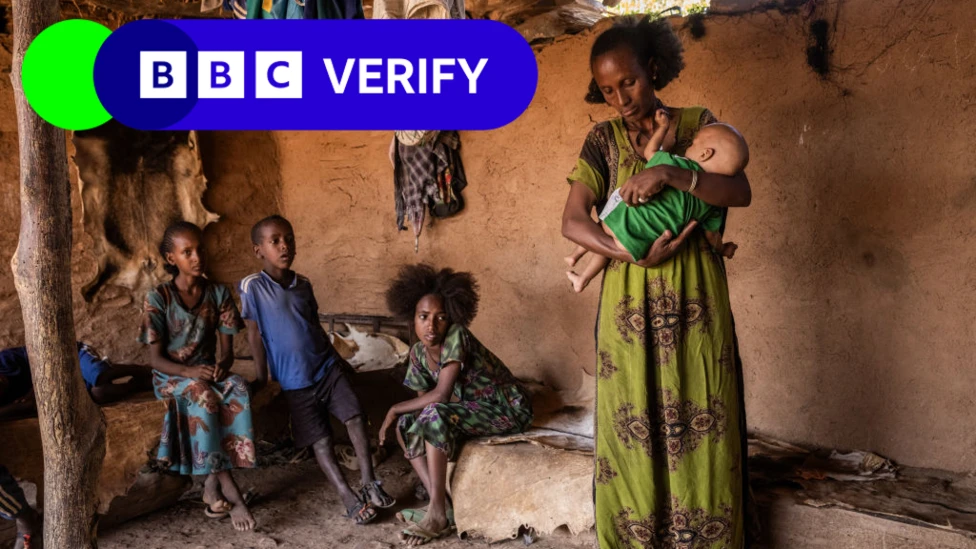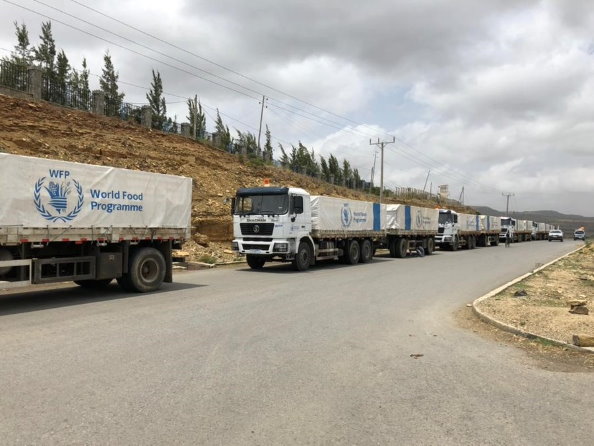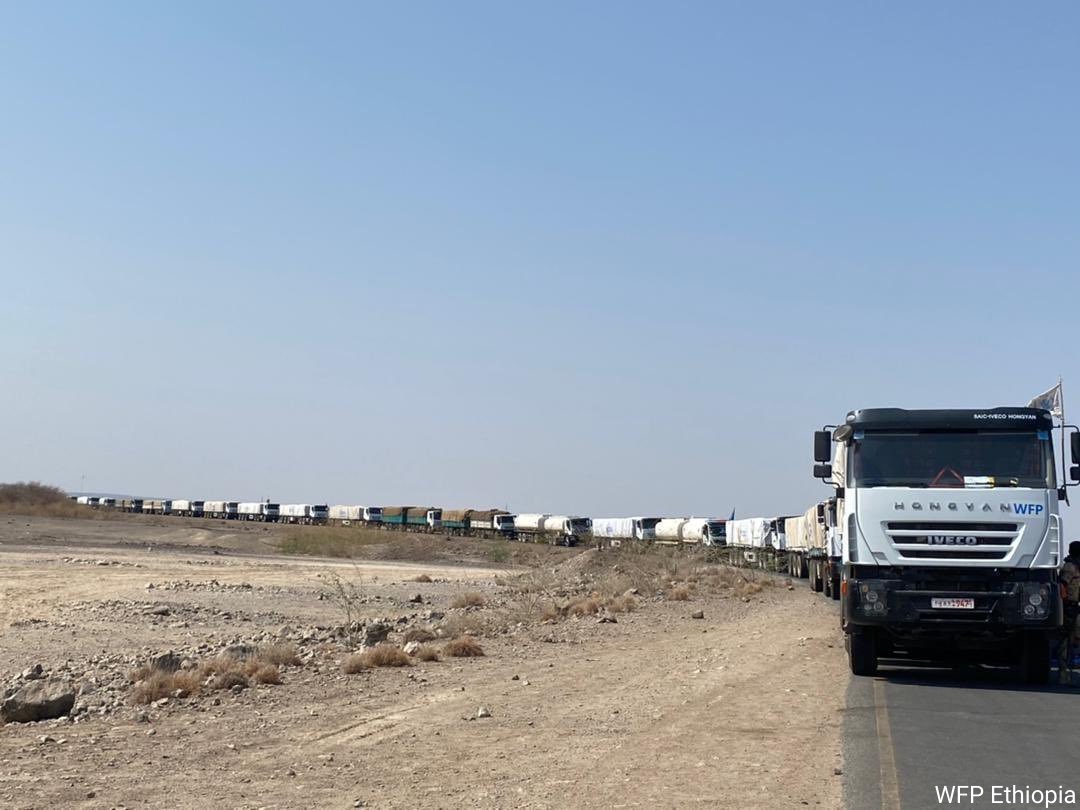Four Powerful Voices For Somaliland Recognition! Ethiopia, UAE, AU, USA
Posted: 19 Nov 2024, 21:12
Abiy Ahmed - PM of Ethiopia, Mohammed bin Zayed, Raila Odinga - Chairman of AU, Donald Trump - President of USA! and add some British MPs
Ethiopian News & Opinion
https://mereja.forum/content/
Dark Energy wrote: ↑19 Nov 2024, 21:34Useless oldie Guragie,
Donald Trump is not President yet.

All of the jumbo jumbo is hearsay. The US will never recognize Somali Land without due process, meaning the recognition of Somalia itself. The same with the United Kingdom. African Union you say…



A man who is not even elected yet ? If AU recognizes Somali Land, that would be the end of AU itself.



Dark Energy wrote: ↑19 Nov 2024, 21:34Useless oldie Guragie,
Donald Trump is not President yet.

All of the jumbo jumbo is hearsay. The US will never recognize Somali Land without due process, meaning the recognition of Somalia itself. The same with the United Kingdom. African Union you say…



A man who is not even elected yet ? If AU recognizes Somali Land, that would be the end of AU itself.



Somaliman wrote: ↑19 Nov 2024, 22:07Dark Energy wrote: ↑19 Nov 2024, 21:34Useless oldie Guragie,
Donald Trump is not President yet.

All of the jumbo jumbo is hearsay. The US will never recognize Somali Land without due process, meaning the recognition of Somalia itself. The same with the United Kingdom. African Union you say…



A man who is not even elected yet ? If AU recognizes Somali Land, that would be the end of AU itself.



You forgot to also remind this mentally retarded moron that the UAE, albeit its stupid little games, it cannot voice for recognition for the breakaway region in question, as this would be in breach of the Charter of the Arab League (also known as the Pact of the League of Arab States), which is the founding treaty of the Arab League.
Selam/ wrote: ↑20 Nov 2024, 08:08Peaceful transfer of power which exists neither in Shabo Eritrea nor in terrorist Somalia, so shut the fvck up & honor Somaliland’s democracy.
Somaliman wrote: ↑19 Nov 2024, 22:07Dark Energy wrote: ↑19 Nov 2024, 21:34Useless oldie Guragie,
Donald Trump is not President yet.

All of the jumbo jumbo is hearsay. The US will never recognize Somali Land without due process, meaning the recognition of Somalia itself. The same with the United Kingdom. African Union you say…



A man who is not even elected yet ? If AU recognizes Somali Land, that would be the end of AU itself.



You forgot to also remind this mentally retarded moron that the UAE, albeit its stupid little games, it cannot voice for recognition for the breakaway region in question, as this would be in breach of the Charter of the Arab League (also known as the Pact of the League of Arab States), which is the founding treaty of the Arab League.
Two million at risk of starvation in Tigray, aid official warns.
Officials in Tigray warn the region is on the brink of famine on a scale last seen in 1984.



kerenite wrote: ↑20 Nov 2024, 14:35I firmly believe that the fate of the breakaway Somaliland will be similar to that of Taiwan (self declared independence since 1949), however, no country has so far recognized it. Also north Cyprus with the help of Turkey declared independence from Cyprus, it is a breakaway region since 1974 albeit Erdogan is constantly making pressure for a 2 state solution namely, north and south Cyprus but in vain and that since decades but so far no country has recognized it as a free state.
As I mentioned above, the political fate of the somalilanders will be similar to that of the Taiwanese and the north Cypriots folks.